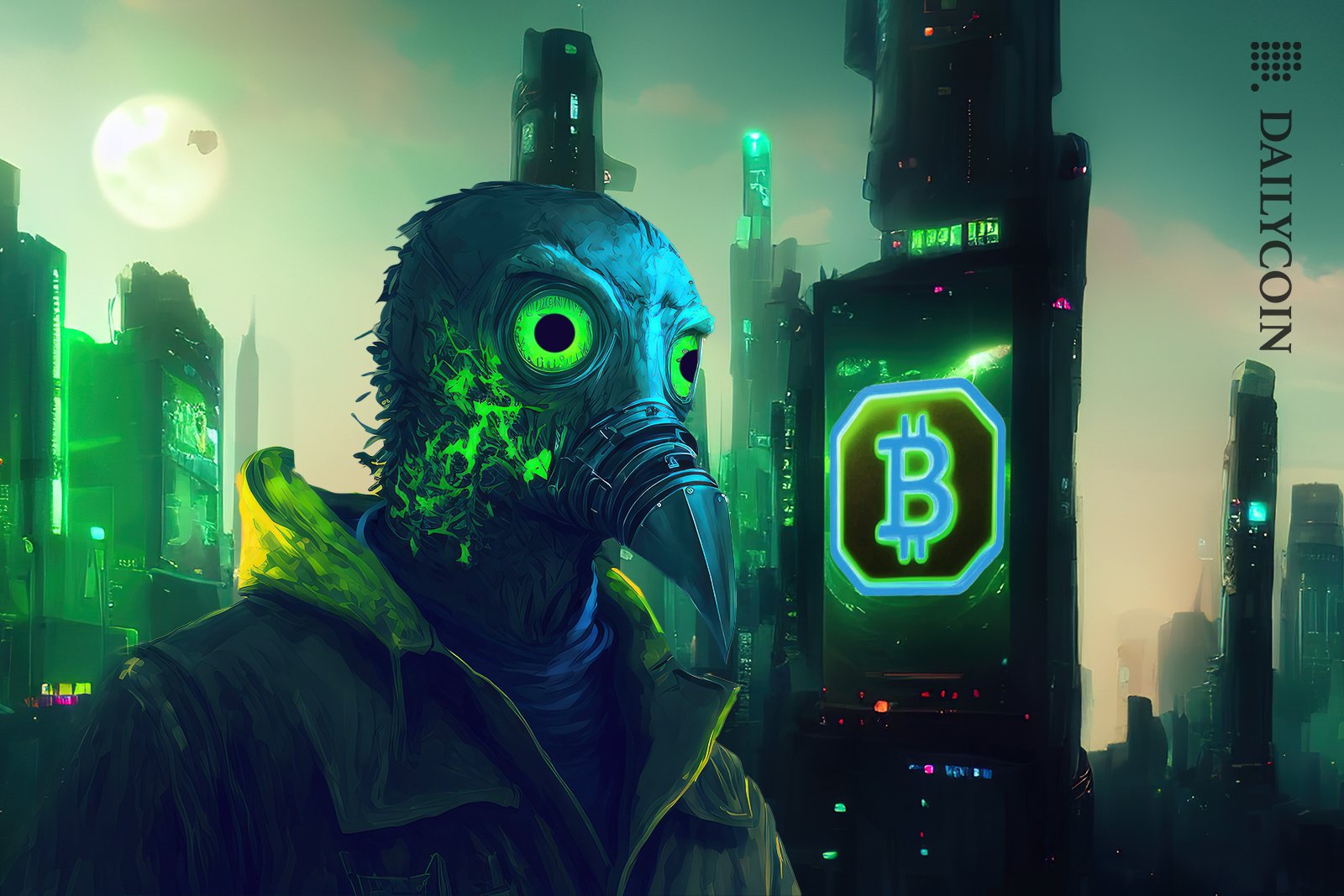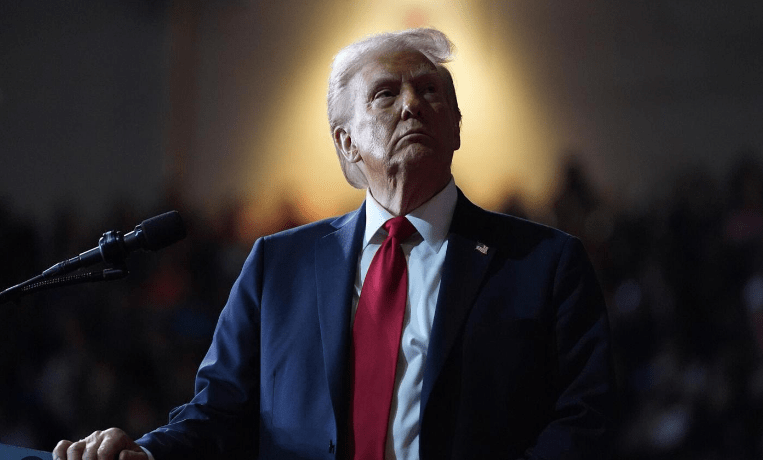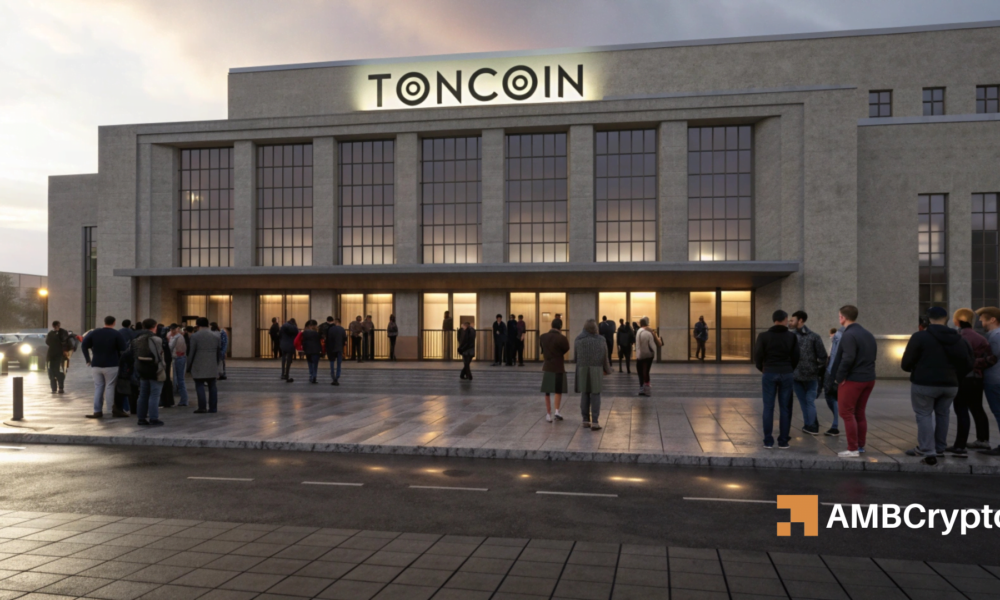- Bitcoin’s transaction fees are over $20.
- The mempool is blocked up by nearly half a million transactions.
- Many feel this is an attack on the Bitcoin network – but a foolhardy one.
Recently, ‘Bitcoin NFTs’ – also known as Bitcoin ordinals – were introduced via the Taproot upgrade. Ordinals are seen as a way to renew developer enthusiasm and boost mining fees, but they may have too great an impact on fees.
The Bitcoin network faces a massive backlog of transactions, causing transaction fees to spike and prompting fears that a distributed denial-of-service (DDoS) attack is happening on the most prominent cryptocurrency by market cap.
Why are Bitcoin Fees so High?
As it stands, there are 435,040 unconfirmed transactions in Bitcoin’s mempool. These transactions are stuck on the network because higher-priority transactions command a fee of around $23 from miners.
The sudden influx of transactions has created a higher demand for miners to verify the transactions, thus rocketing the price some are willing to pay for high-priority verification.
Additionally, the increased demand on the network caused total fees per block to temporarily exceed the block reward of 6.25 BTC on Sunday, May 7.
However, the sudden surge of transactions is predominantly from new BTC ordinals. According to Glassnode, 75% of Bitcoin on-chain transactions used Taproot at the height of the ‘attack.’
Mass transactions and the steep rise in transaction fees have many worried that the Bitcoin network may be under a DDoS attack.
Is Bitcoin Under Attack?
It is still uncertain if this flow of ordinals is a deliberate attack on the Bitcoin network or a strange coincidence.
One Bitcoin analyst, 0xfoobar, on Twitter, told his followers:
“Bitcoin mempool finally gets some usage and the maxis are framing it as a DoS attack on the network. They really have not considered even the most basic scenarios, like ‘Bitcoin becomes popular and people are willing to pay to use it’”
However, others believe it is an attack – but a very ineffective one.
Software engineer Dr. Con Kolivas on Twitter responded to the attack, stating:
“Someone's wasting tons of money spamming the network in the hope it causes problems for Bitcoin. Instead, they're proving the DoS protection of limited block size works.
Kolivas also outlined that Bitcoin is “smoothly generating block after block even with this alleged attack.”
Should I be Worried About the Bitcoin Network?
As Kolivas notes, the attack thus far has probably done more damage to the attackers’ wallets than to the Bitcoin network. There may be an increase in fees, and validation times will be a lot longer than usual, but there is no damage being done to the blockchain.
Kolivas compares how Bitcoin is handling this attack to how other smaller coins might.
On the Flipside
- Binance suspended Bitcoin transactions for a second time on Monday, May 8, citing “the large volume of pending transactions.”
Why You Should Care
Bitcoin is the world’s oldest and most robust permissionless blockchain network. Despite no significant changes to how it operates, it continues to prove how solid it is under conditions that would be detrimental to smaller coins.
Read more about Binance’s pause in withdrawals:
Binance’s Double Bitcoin Withdrawal Pause Forces Fee Increase.
Read more about the FCAS working with crypto firms to build regulations:
Ripple-Friendly FCA Aims to Work with Crypto Firms to Build Regulations.
Credit: Source link















































